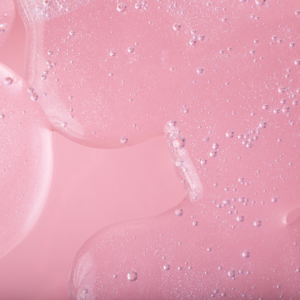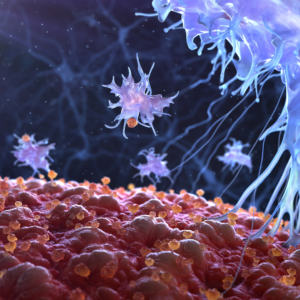One of the ingredients in skincare products is niacinamide for the skin. This ingredient is reportedly effective in treating various skin problems, from fading black spots to getting rid of stubborn acne and scars.
Even so, niacinamide has a number of side effects for the skin so you need to follow the instructions for use. The following is a further review of this material.
What is niacinamide for skin?
Niacinamide, or also known as nicotinamide, is a substance derived from vitamin B3 (niacin). In the world of dermatology, this substance is used to treat acne and scars, brighten the skin, and control the symptoms of rosacea.
Even though the name is similar to niacin, niacinamide actually has a different structure and function. Niacinamide is also not just vitamin B3, but a substance produced by the body when there is an excess intake of vitamin B3 or the amino acid tryptophan.
Niacinamide works by inhibiting the release of chemicals that trigger inflammatory reactions in the body. This compound also slows down the process of moving pigment grains (colouring substances) into skin cells so that the skin looks brighter.
Apart from that, another function of niacinamide is to help form proteins in the skin and trap moisture in skin cells. That way, the skin is always protected from damage because the protective layer remains strong.
You can actually get niacin and niacinamide from meat, eggs, milk and its products, nuts, and green vegetables. Both can also be found in B complex vitamins such as B6, B9, and B12.
However, vitamin B3 as the raw material for niacinamide is easily soluble in water. The vitamin B3 that you consume can leave your body so that you actually lack this vitamin. This is where supplements or products containing niacinamide are needed.
What are the benefits of Niacinamide?
1. Reduces Sebum Production
Niacinamide helps control excess oil production in the skin, making it suitable for those with oily and combination skin. By stabilizing sebum, niacinamide can help prevent clogged pores that cause acne.
2. Reduces Inflammation and Redness
This ingredient is known to be effective in reducing skin inflammation caused by acne, rosacea, or other skin conditions. Niacinamide can help relieve red and inflamed skin.
3. Brightens the skin
Niacinamide helps brighten skin by inhibiting the transfer of melanin to the skin surface. This makes it effective for reducing hyperpigmentation, dark spots, as well as improving uneven skin tone.
4. Reduces signs of premature aging
Niacinamide is also useful in reducing signs of premature aging such as fine lines and wrinkles. This helps increase collagen production, which maintains skin elasticity and makes it look firmer and younger.
5. Strengthens the Skin Barrier
Niacinamide strengthens the skin’s protective layer by increasing the production of ceramide, a lipid that is important for retaining skin moisture. Skin that has a strong barrier is more resistant to external damage, such as pollution and UV rays.
6. Moisturizes the skin
Niacinamide works well to increase skin hydration, making it suitable for use on dry or dehydrated skin. By increasing ceramide levels in the skin, niacinamide helps retain moisture for longer.
7. Shrinks pores
Regular use of niacinamide can help reduce the size of pores, making skin texture appear smoother and reducing the appearance of rough or oily skin.
8. Fights Oxidative Stress
As an antioxidant, niacinamide helps protect the skin from damage caused by free radicals resulting from exposure to sunlight and pollution. This helps prevent skin cell damage and keeps skin healthy.
Conclusion:
With this multitude of benefits, niacinamide is a very versatile ingredient and is suitable for almost all skin types, including sensitive skin. Integrating niacinamide in your daily skincare routine can help achieve healthier, brighter and more youthful-looking skin.







